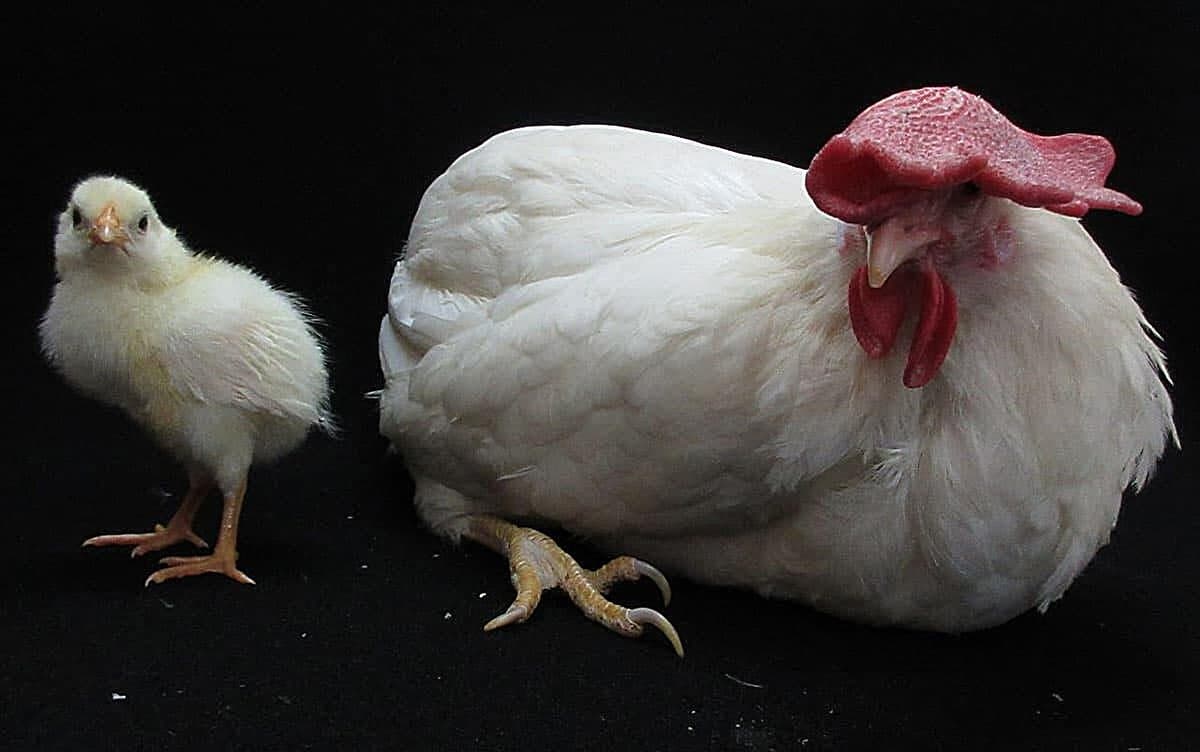
A new method to grow chicken embryos without their opaque eggshells could lead to direct observation of bird development as well as advances in stem cell research , scientists say. One of the key goals in understanding the development of birds is to observe the sequence of events that take place as they grow. Since a chicken eggshell is opaque it has been necessary to break it to observe the developing embryo.
The real-time visualisation of chick embryo development has therefore been a significant challenge to scientists – until now. Scientists have attempted to engineer transparent eggshells in labs, but with little success. In one such attempt, they removed embryos from their shells after incubating them for three days to hatch them in a transparent artificial culture vessel.
The embryos did not develop normally, however, as a membrane of the yolk grew too dry by the third day. Japanese researchers put chicken eggs in an artificial culture vessel made from transparent film which enabled monitoring their development from laying to hatching. To prevent the drying of the yolk membrane, they used a rotary shaker with its top plate rotating at an angle of about 7 degrees.
The embryos cultured using the new method developed gradually and led to the hatching of normal chicks on the 21st day from the start of incubation. “We developed a chick embryo culture system using a transparent plastic film that enabled real-time visualisation of macroscopic embryo developmental processes,” scientists say. This technique, researchers say, can enable real-time monitoring of biological changes in embryos when subjected to experimental treatments.
In turn, the breakthrough can provide a new tool for a range of fields like toxic chemical analysis and stem cell research. “This system will serve as a powerful tool in various disciplines, such as toxicology, stem cell research, bioimaging, and regenerative medicine,” researchers say..








